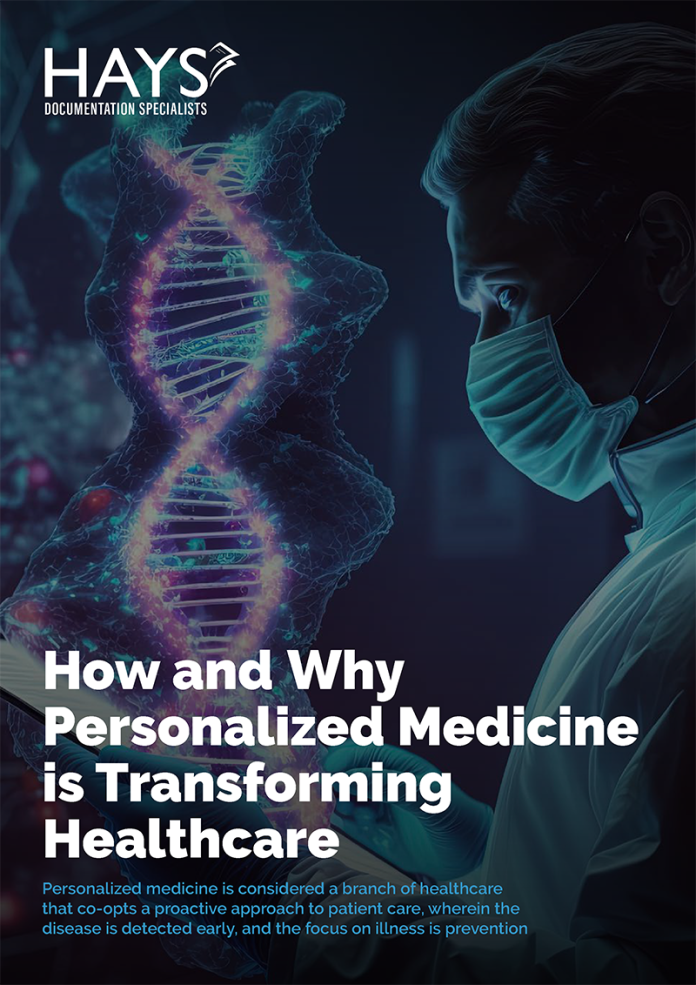Open Access Government produces compelling and informative news, publications, eBooks, and academic research articles for the public and private sector looking at health, diseases & conditions, workplace, research & innovation, digital transformation, government policy, environment, agriculture, energy, transport and more.
Home Search
stroke - search results
If you're not happy with the results, please do another search
Avoiding sepsis: How to protect yourself
Sepsis causes 350,000 adult deaths annually in the US alone. Sepsis Alliance focuses on raising awareness, improving education, and advocating for life-saving policies. Senior Clinical Content Advisor Marijke Vroomen Durning discusses the risk factors and best prevention methods to help in avoiding sepsis.
Fuelling the global supply of medical radioisotopes for cancer care
European research reactors play a crucial role in producing medical radioisotopes using nuclear fuel and are transitioning to Low Enriched Uranium (LEU) to meet non-proliferation commitments and global demand. Jared Wight tells us how he and his colleagues are working to ensure a smooth conversion to LEU fuels.
The growing global challenges of neurological conditions
A study that was reported on in the Lancet Neurology showed that over 3 billion people worldwide are living with neurological conditions, making these disorders the leading cause of illness and disability globally.
Glucowear™ – The start of non-invasive blood glucose monitoring
Sabih Chaudhry, CEO of Afon Technology Ltd, takes us on an exciting journey through the groundbreaking innovation of GlucowearTM – revolutionising non-invasive blood glucose monitoring.
The health impacts of air pollution
Lorna Rothery interviewed Juan J. Castillo-Lugo, Air Quality and Health Regional Advisor at the Pan American Health Organization (PAHO), about the health effects of air pollution and efforts to reduce exposure.
Caffeine could boost heart health for patients with rheumatic diseases like lupus
Consuming caffeine may have a positive impact on heart health, particularly for patients with inflammatory rheumatic diseases like lupus and rheumatoid arthritis.
What nurses want: Listening to staff to improve nursing retention
Lorna Rothery spoke to Dr Leigh Chapman, Canada’s Chief Nursing Officer, about the current challenges faced by nurses and how she hopes the implementation of the Nursing Retention Toolkit will help to bring about positive change.
Why should women over 60 be concerned about high blood pressure?
High blood pressure is one of the most significant risk factors for cardiovascular disease. Dr Deborah Lee of Dr Fox Online Pharmacy explains how women can protect their heart health.
Patients take wearables to heart at NHS trust’s pioneering virtual ward
Natalie Duffield of Inhealthcare discusses the advantages of the company’s virtual wards and advanced remote monitoring technologies in enhancing patient care.
Medicare considers coverage expansion for weight-loss medication
Aiming to tackle the high risk of heart problems among older Americans with obesity, Medicare is contemplating an expansion of coverage for a weight-loss medication known as semaglutide.
Cellular scaffolding: Crowdsourcing cellular responses in health and disease
In this article, Dr Alan Herbert discusses how different types of cellular scaffolds interact and impact the risk of diseases, citing the example of Z-RNAs pushing cells to inflammatory states in tumors and autoimmune conditions, setting the stage for new therapeutics.
Coffee and caffeine intake linked to lower risk of cardiometabolic disease
New research suggests that regular coffee and moderate amounts of caffeine may be protective against developing multiple cardiometabolic diseases.
A novel avenue to explore in the treatment of dementia
A collaborative project between the University of South Florida and The Healthy Aging Company is exploring how a new biological entity called ALF5755 could be a candidate drug for the treatment of dementia and Alzheimer’s disease.
Mobile phone use linked to increased cardiovascular disease risk
The concerning association between regular mobile phone users and an increased risk of cardiovascular disease.
Wearable heart monitors increase atrial fibrillation detection
In a groundbreaking study led by the Duke Clinical Research Institute, wearable long-term continuous heart monitors have shown promise in detecting atrial fibrillation (AFib) more effectively than traditional methods.
Cardiovascular health: Powering longevity through heart-healthy living
Supporting cardiovascular health is important at every age, and early influences can improve health outcomes years later
As the body ages, lots of changes happen that can increase a person’s risk for cardiovascular disease. Blood vessels narrow. Arteries stiffen. Cell mutations can occur, while genes can influence fate. Fortunately, researchers...
How and why personalized medicine is transforming healthcare
Personalized medicine is considered a branch of healthcare that co-opts a proactive approach to patient care, wherein the disease is detected early, and the focus on illness is prevention.
Revolutionary brain-computer interface gives voice to ALS patients
Scientists at UC Davis Health have unveiled a cutting-edge brain-computer interface (BCI) that translates brain signals into speech with an astounding 97% accuracy.
Swedish breakthrough in recycling medical plastics
Swedish researchers at Chalmers University have revealed a new technology set to transform the recycling landscape, particularly for healthcare waste.
Wildfire smoke exposure and surgery: Understanding risks and precautions
As wildfires continue to spread across various parts America, a new concern has emerged for patients scheduled for surgery.





















